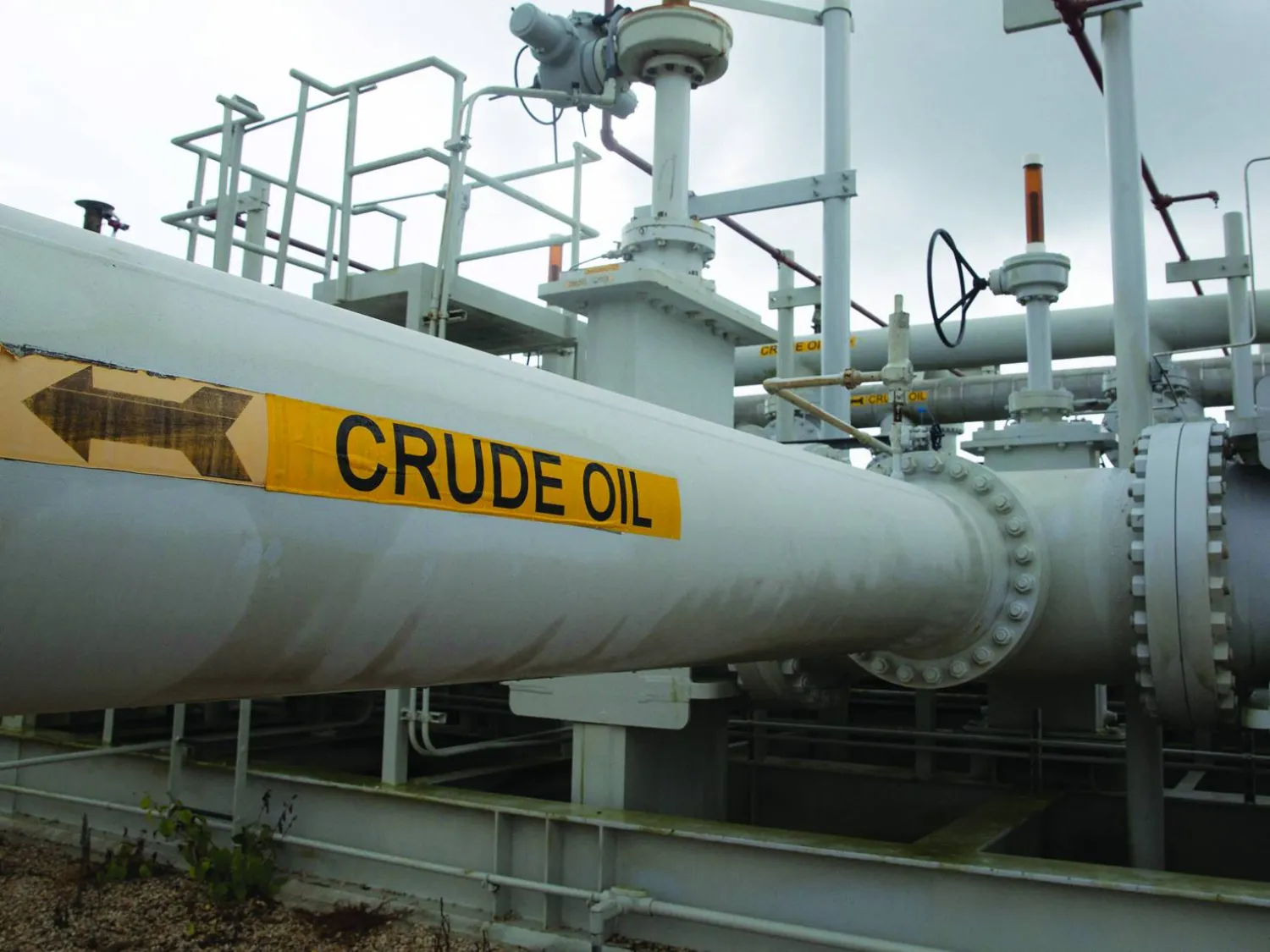Oil prices edged higher on Tuesday, after falling in the previous session, as investors continued to assess the risk from geopolitical concerns in the Middle East.
Global benchmark Brent crude oil futures traded 27 cents higher at $87.27 a barrel by 0308 GMT, and US West Texas Intermediate crude futures also gained 26 cents to $82.16 a barrel.
Both benchmarks fell 29 cents in the previous session on signs that a recent escalation of tensions between Israel and Iran had little near-term impact on oil supplies from the region, Reuters reported.
"The unwinding of geo-political risk premium has dented crude oil prices recently as supply was not disrupted meaningfully," said Sugandha Sachdeva, founder of Delhi-based research firm SS WealthStreet.
But the evolving geopolitical landscape remains critical in steering crude oil prices, she said.
"While there are no indications of an imminent full-scale war between the countries involved, any escalation in tensions could quickly reverse the current trend," Sachdeva added.
ANZ analysts echoed the sentiment and highlighted US approval of new sanctions on Iran's oil sector that broaden current sanctions to include foreign ports, vessels and refineries that knowingly process or ship Iranian crude.
Also, EU foreign ministers agreed in principle on Monday to expand sanctions on Iran following Tehran's missile and drone attack on Israel, the bloc's foreign policy chief Josep Borrell said.
"The geopolitical backdrop is still very fraught with so many risks at the moment, so clearly we're going to see a lot of volatility until there's a lot more clarity around it," the ANZ analysts said in a podcast.
Israeli troops fought their way back into an eastern section of Khan Younis in a surprise raid, residents said on Monday, sending people who had returned to abandoned homes in the ruins of the southern Gaza Strip's main city fleeing once more.
Investors are waiting for the release of the US gross domestic product figures and the March personal consumption expenditure data - the Fed's preferred inflation gauge - later this week to assess the trajectory of monetary policy.
US crude oil inventories are expected to have increased last week while refined product stockpiles likely fell, according to a preliminary Reuters poll of analysts.
"Sticky US inflation figures, hawkish statements from key Fed officials, and rising US inventories are all acting as constraints on crude oil price growth," Sachdeva said.
Oil Prices Stabilize, Middle East Tensions Remain in Focus

FILE PHOTO: A maze of crude oil pipes and valves is pictured during a tour by the Department of Energy at the Strategic Petroleum Reserve in Freeport, Texas, US June 9, 2016. REUTERS/Richard Carson/File Photo

Oil Prices Stabilize, Middle East Tensions Remain in Focus

FILE PHOTO: A maze of crude oil pipes and valves is pictured during a tour by the Department of Energy at the Strategic Petroleum Reserve in Freeport, Texas, US June 9, 2016. REUTERS/Richard Carson/File Photo
لم تشترك بعد
انشئ حساباً خاصاً بك لتحصل على أخبار مخصصة لك ولتتمتع بخاصية حفظ المقالات وتتلقى نشراتنا البريدية المتنوعة







